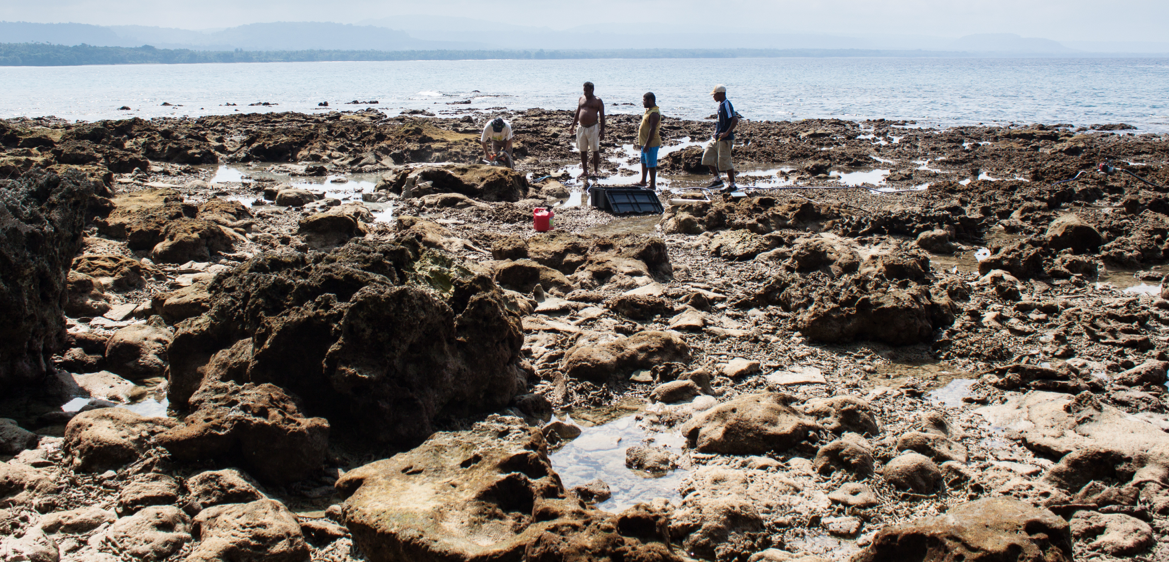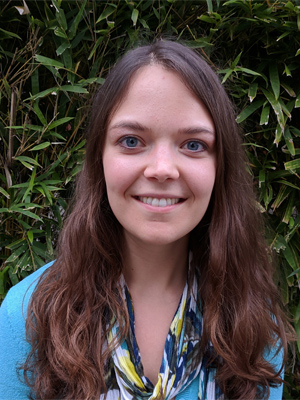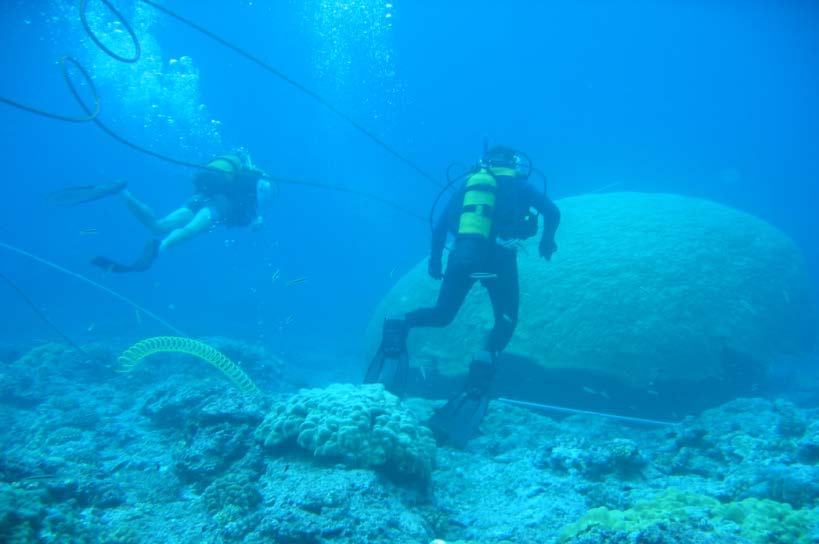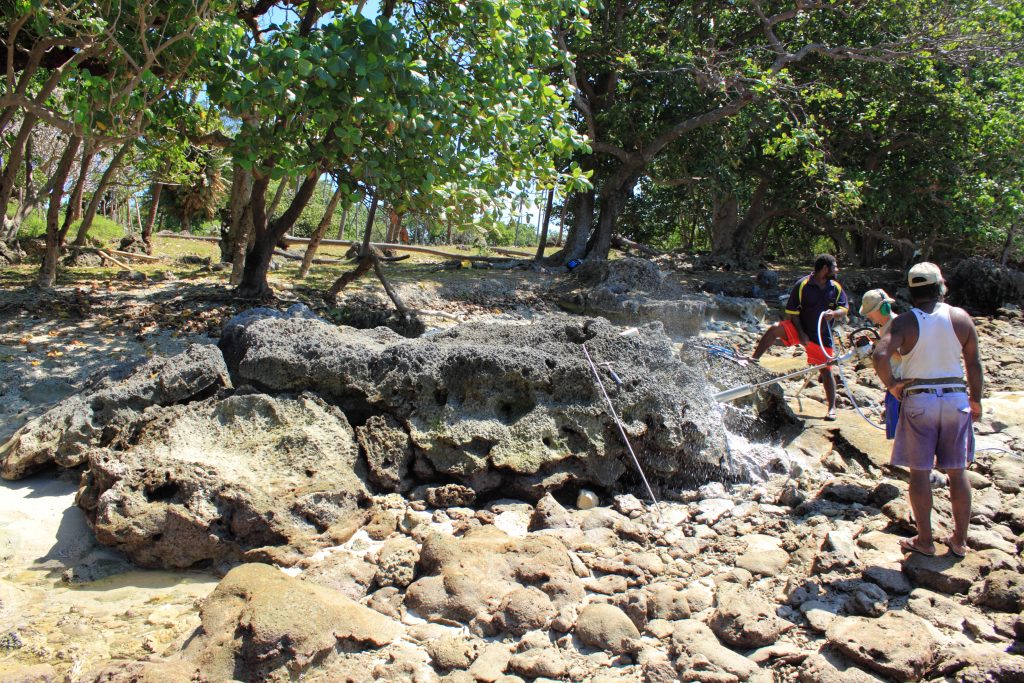
The final UTIG seminar this semester will be given by UTIG grad students Allison Lawman, Tianyi Sun and Sophie Goliber. We asked each student to give us a little sneak-preview into what they’ll be talking about and why they’re excited about sharing their research with the science community.
The seminar takes place at 10:30am (CST) on Friday, November 30 at UTIG. Click here to watch the seminar online.

Name: Allison Lawman
Degree: Tropical Climate PhD
Funding: NSF Graduate Research Fellowship
Expected graduation: May 2020
Hi Allison. What’s this seminar about then?
I’m going to be talking about two of the projects I’ve been working on for my PhD. The title is Reconstructing Paleo-ENSO Variability using Geochemical Proxies from Corals.
A paleo-what?
ENSO is the El Nino Southern Oscillation.
Oh I’ve heard of that. I get the feeling this doesn’t have anything to do with dinosaurs though.
The El Niño-Southern Oscillation is the largest mode of interannual climate variability and has widespread global impacts on temperature and rainfall patterns. ENSO effects people all over the world. Our understanding of ENSO is largely based on what we know from the observational record. Climate models are used to predict how ENSO will change in the future with rising temperatures and greenhouse gas emissions, but there are a lot of uncertainties. Since there’s a lot of uncertainties about how ENSO will change in the future, we can use paleoclimate data to try and understand how ENSO may have behaved in the past. If a model does well in the past it is more likely to also do better in the future.
Rainfall patterns are definitely important. So how long ago are we talking?
One of my projects compares modern ENSO variability with a time period that was about 900 years ago. My research also focuses on longer timescales going all the way back to the Last Glacial Maximum about 21,000 years ago. This project integrates both data and models.

What about those geochemical proxies? What are those exactly?
Instrumental records of climate only go back about 150 years. To extend our knowledge of climate farther back in time we can use geological archives like corals, tree rings, cave stalagmites, or sediment cores to reconstruct past climate conditions. For example, corals live in the surface ocean and the chemistry of their skeletons are sensitive to environmental conditions. We can look at changes in their chemical composition and use it to approximate the temperature and salinity of the water in which the coral lived.
Where do you find these corals? Is there a lot of swimming involved?
Fossil corals are no longer living at the time of collection but they record environmental conditions from times past. There are tectonically active islands in the South Pacific with lots of ancient reefs now exposed above present day sea levels. This means you can just walk out onto the reef flat and collect corals without actually having to dive for them. This is different from modern corals that are still alive at the time of collection. I’ll be talking about both modern and fossil corals at the UTIG seminar.

How do you feel about giving a UTIG seminar? Any tips for first-timers?
I am very excited for the opportunity to present at the UTIG seminar. I’ve given two talks at AGU, but am looking forward to sharing my research with everyone here at UTIG. There is such a wide variety of research here at UTIG. Not everybody may be familiar with past climate so I want to make my talk accessible. A lot of the inspiration I’ve gotten for talks is from some of my undergraduate professors. Whether they were giving talks or lecturing I felt like they were walking everyone through a very cohesive story, from start to end, always aware of why the topic matters. So I try to think like that, because especially with a PhD you get so involved with the details you have to step back and look at the bigger picture.
